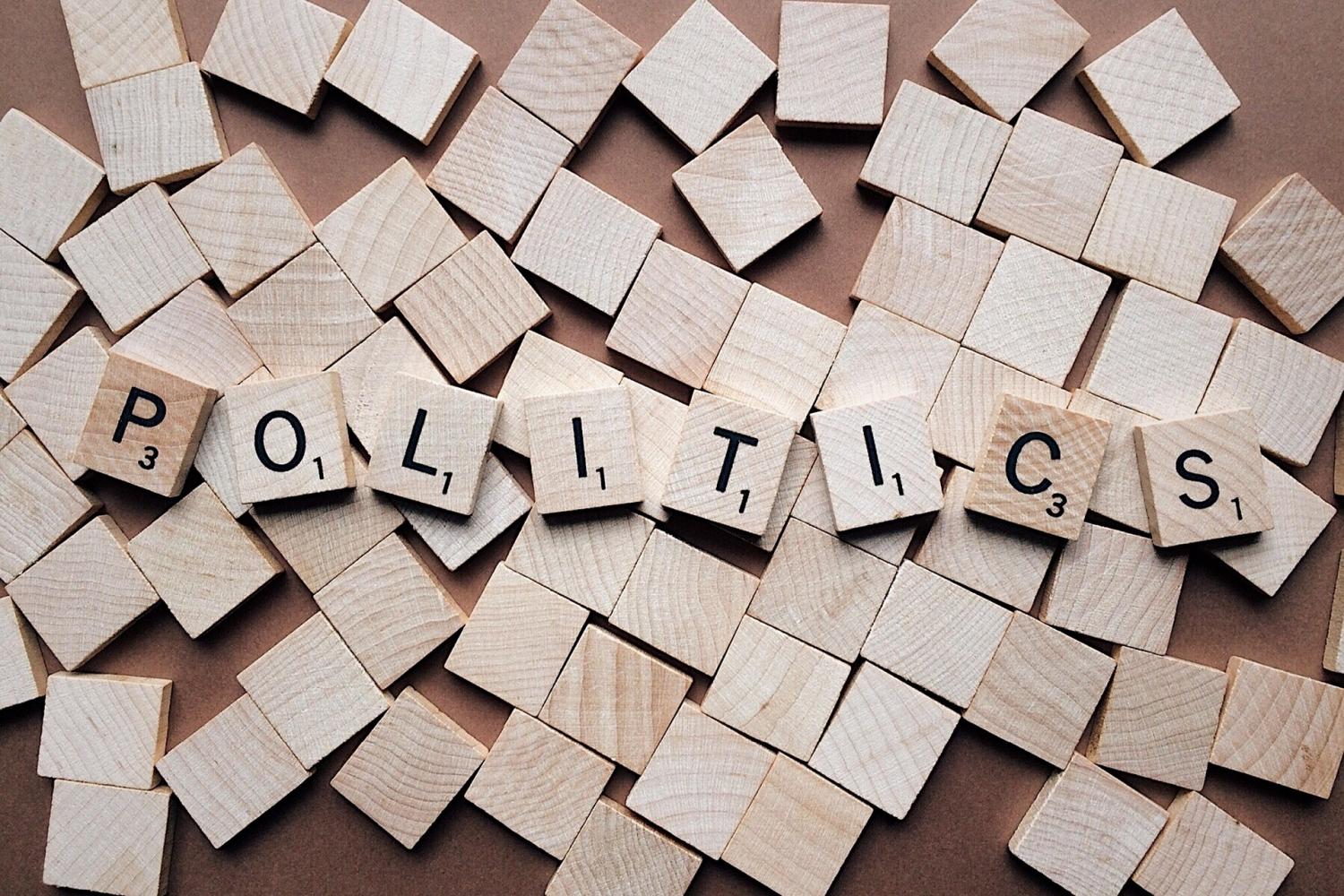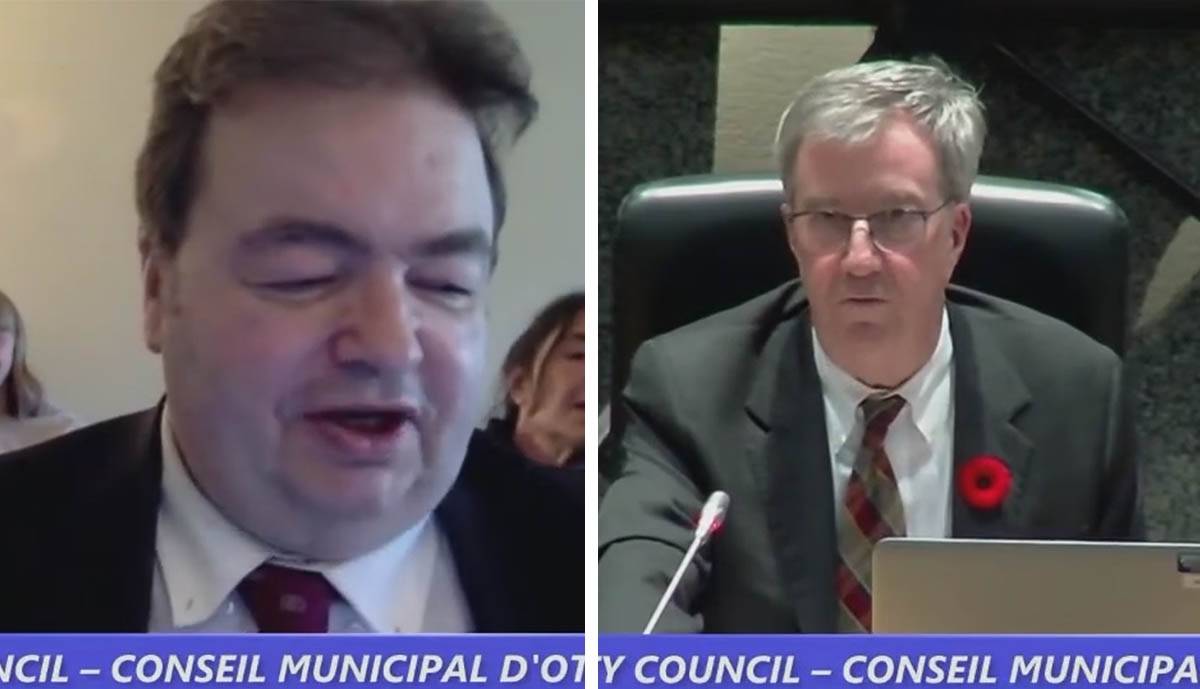
Using the Word Populism is Demeaning and Belittling to Voters
The outcome of the Italian election this past month remains uncertain. A possible coalition between the Northern League Party and Forza Italia seems probable since there was no clear majority winner. CNN and CBC were quick to label these parties as “populist”, and if you review their philosophies and policies, you would see themes such as Conservatism and Euroscepticism. The CBC Radio 1 show, Ideas ran a documentary called, “Is There a Culture War Against Populism?”. The program labelled Marine Le Pen, the leader of the French National Front, as well as Greek Prime Minister, Alexis Tsipras and American President, Donald Trump as “populists’. The CBC documentary explained how populists could sit on either the Left or the Right side of the political spectrum and that they appeal more to the blue-collar man than to the elites of society. If this is the case, then why should the term “populist” come across as a sort of smear word, associated with characters the media goes out of its way to call reprehensible?
Marine Le Pen is a prime example after she took a hardline anti-immigration stance in the French election. In the leadup to the French election, interviews with the CBC portrayed her as a populist and a near Fascist. One particular interview which stuck with me was the CBC interview of a Canadian couple living in Paris who referred to Le Pen as a Neo-Fascist or a Neo-Nazi. While the Canadian couple are not French voters, they do have the privilege of living in one of the world’s most expensive cities as foreigners. Ironic, seeing as Le Pen purged the most right-wing influences from the French National Front, including her own father, so that the party would come across as more relatable to French voters.
Donald Trump has been given the name “populist” even though he lost the Popular Vote. Alexis Tsipras was given the label, by the media, for running an anti-austerity campaign for Greece and holding a referendum on the matter in which the Greek population voted overwhelmingly against the EU’s imposed conditions. In the cases of Le Pen and Tsipras, they both campaigned against major European Union policies that are highly contested, such as austerity, immigration, and open borders.
A Pew research poll found that over 76% of the French population was unhappy with how the EU handled the migrant crisis. The CBC has also vilified Poland for not taking in migrants and called nationalist demonstrations, “populist”. After a short and very intense leadership campaign in Ontario, the Progressive Conservative party members selected Doug Ford, a small C conservative who, along with his late brother, has a reputation of being a constituency politician first and a career politician second. Ford was a blue-collar response to years of white-collar leadership within the party, which resulted in botched campaigns and back-to-back defeats taken from the jaws of victory. His election might just be what is needed to finally swing the Progressive Conservatives back into power in Ontario. Yet, Ford was quickly (and negatively) labelled a “populist” by the mainstream press. This is similar to the other situations that are happening globally with supposed “populist candidates” who have a more main street voting base. This reeks of bias against any person of non-liberal, “progressive” or non-globalist policies sentiments. If democracy is a system where the people choose the government, then all leaders by extension should be populists striving to win the approval of the general public. Applying the label to candidates the media dislikes is condescending and a jab at the average person. It shows that even media outlets like CNN, CBC, and the BBC do not hold real coverage and look down on the ordinary citizen, despite being taxpayer-funded.
To a certain extent, all elections are popularity contests. Populist is a term associated with figures the media dislikes. It is demeaning to the average voter and demeaning to democracy. No opinion which is popular amongst the public is beyond being heard. Maybe, instead of standing up for the elites like Hillary Clinton who ran a terrible campaign in 2016, or for The European Union which feels it can impose itself on Sovereign nations, the media should ask why candidates like Trump won. Or why Brexit happened, instead of writing them off as the public being ignorant. Populism, in today’s context, is a term that both projects and holds contempt for the citizen, and as such, we should stop using it. It is one of the many reasons why trust for the media is at an all-time low.













